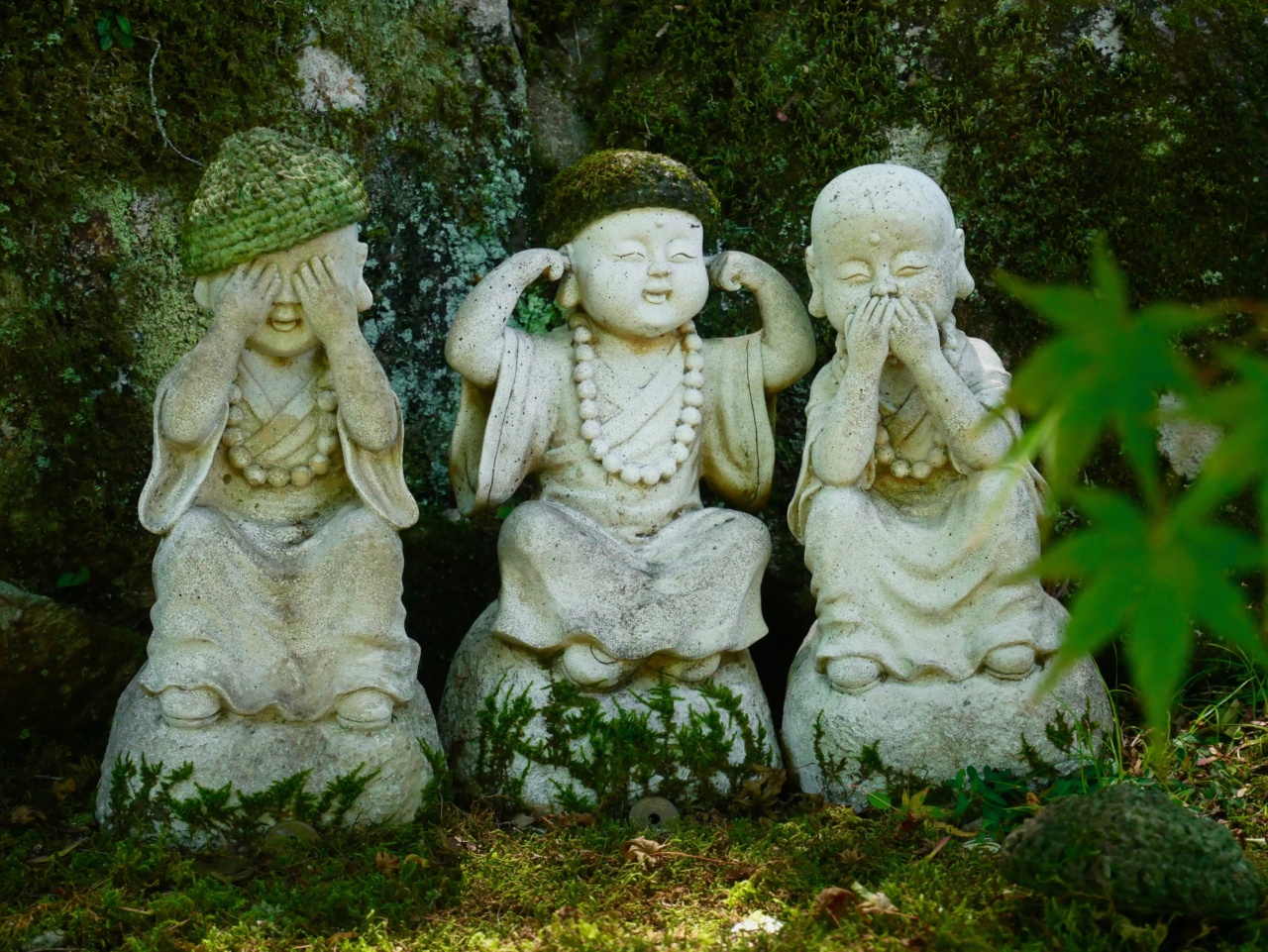Kidney stones are small, hard deposits that form in the kidneys. They’re a common condition that affects many people. Kidney stones can cause pain, discomfort, and other symptoms.
In this article, we’ll explore some signs you may be dealing with kidney stones.
1. Pain in the Back or Side
One of the most common signs of kidney stones is pain that originates in the back or side. This pain can be mild to severe and may come and go. It’s often described as a sharp or stabbing pain that can make it difficult to move around.
The pain may also radiate to the lower abdomen and groin.
2. Pain While Urinating
Another sign of kidney stones is pain or discomfort while urinating. This may be accompanied by a burning sensation or the urge to urinate more frequently than usual.
The pain may be felt in the lower abdomen, and in some cases, it may spread to the genitals.
3. Blood in the Urine
If you’ve noticed blood in your urine, it could be a sign of kidney stones. The blood may be visible or only detectable through a urine test. Kidney stones can cause irritation and damage to the urinary tract, which can lead to blood in the urine.
4. Nausea and Vomiting
Kidney stones can cause nausea and vomiting in some cases. This may be due to the severe pain that accompanies kidney stones, or it may be a result of the body trying to rid itself of the stones.
5. Difficulty Urinating
Some kidney stones can block the urinary tract, making it difficult to urinate. This can cause pain and discomfort, and in severe cases, it may lead to a urinary tract infection.
6. Fever and Chills
If you have a kidney stone that has caused an infection, you may experience fever and chills. This is a sign that the infection has spread to other parts of the body and requires immediate medical attention.
7. Bad Breath
Believe it or not, bad breath can also be a sign of kidney stones. This is because kidney stones can cause the buildup of bacteria in the mouth and throat, which can lead to bad breath.
8. Cloudy or Foul-Smelling Urine
Cloudy or foul-smelling urine can also be a sign of kidney stones. This is because the stones can cause damage to the urinary tract, which can lead to an increase in bacteria and other toxins in the urine.
9. Frequent Urination
Many people with kidney stones experience frequent urination. This is because the stones can irritate the bladder and cause the urge to urinate more often than usual.
10. Crystals in the Urine
If you’ve been diagnosed with kidney stones in the past, you may notice crystals in your urine. These crystals are a sign that you may be dealing with kidney stones again.






























